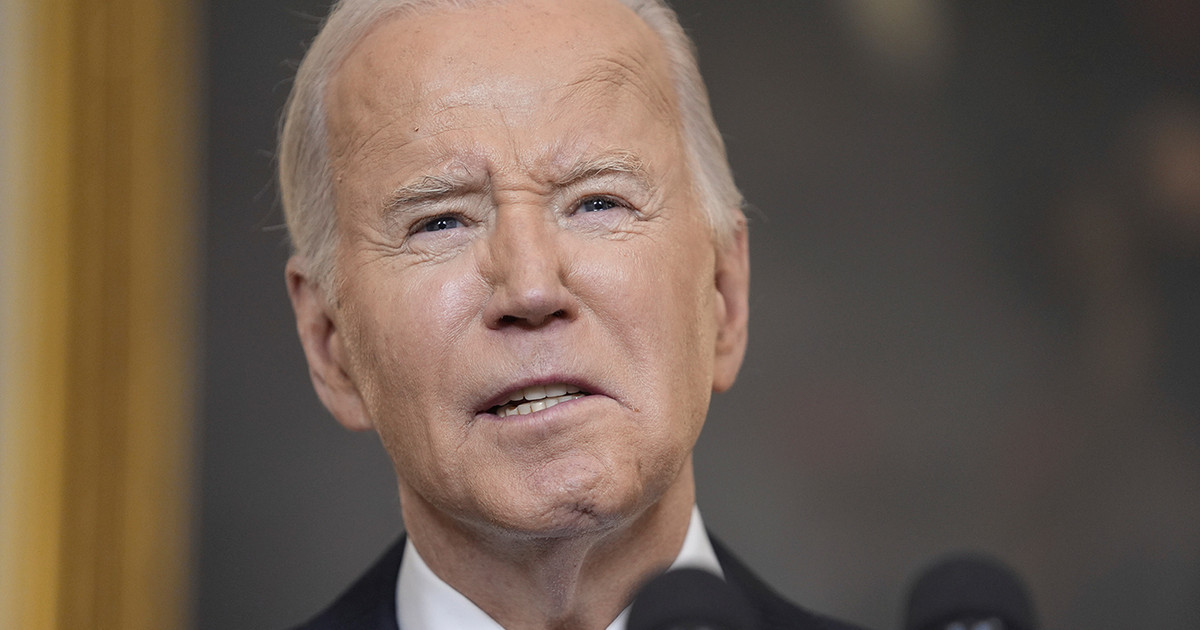When the 200 newly elected deputies from the Czech Republic gathered for the inaugural session of their new parliament this Monday (8), there wasn’t a single Communist Party member there – it’s the first time this has happened in 76 years.
The Communist Party of Bohemia and Moravia (KSCM), the direct successor to the totalitarian Communist Party of the former Czechoslovakia, left the Lower House of the Czech Parliament after failing to secure any seats in last month’s elections.
The party lost its last seat in the Upper Chamber, considered the Czech Senate, in 2018.
The final departure of the Communists from the highest levels of Czech politics marks an extremely symbolic moment for many survivors of the totalitarian regime, especially after the outgoing government of Prime Minister Andrej Babis violated a long-standing rite of parliament by relying on Communist votes to secure a majority in 2018.
In doing so, Babis gave the communists indirect access to power. Although the party has tried to rename itself as a modern and democratic left group in recent years, the KSCM has never fully removed its association with the acts of the former totalitarian party.
Marek Benda, of the Civic Democratic Party and the country’s longest-serving member of Parliament, said he never imagined the Communists would remain in Parliament for so long after the revolution. The “velvet revolution” took place in 1989 and resulted in the overthrow of the country’s communist government.
“We thought they would still have some voters, but they would gradually fade away (…) but they ended up doing really well for a lot longer,” Benda said.
Jan Rovny, an associate professor at Sciences Po in Paris, said the party’s decline was mainly due to “the demographic replacement of its older voters, nostalgic for the certainties of the Communist regime.”
But writing on a policy blog, Rovny said the rise of populist parties like Babis’ ANO and the far-right SPD had also contributed to the downfall of the Communists.
“Since its heyday at the helm of the authoritarian regime, the KSCM has been reduced to a radical left protest party in post-1989 democracy,” he wrote.
“The recent rise of cultural themes, centered on the migration fears raised by the SPD and increasingly by the ANO, has changed the substance of protest policy. The party’s core districts in the northern post-industrial regions have shifted their allegiance.”
KSCM leadership resigns after defeat
The KSCM leadership resigned after the party’s defeat in the elections. Jiri Dolejs, KSCM board member, told CNN that the party’s demise reflects a broader fall of the left in Europe, pointing to other groups that have suffered losses, such as Germany’s Die Linke.
“The left has been competing with the populists, migration and health crises have pushed away the traditional competition between left and right,” he said.
Vojtech Filip, the outgoing former KSCM leader, told Halo Noviny, a left-wing Czech newspaper closely linked to the party, is “a big disappointment.”
“The failure [eleitoral] of the KSCM means that, for the first time in modern history, the communist party will not be part of parliamentary democracy in the Czech Republic. Communists now face the task of doing everything in their power to regain prominence,” he said.
The group’s newly appointed leader, Katerina Konecna, said her priority will be to work to gain more support among young people. According to the official party newspaper, the average age of KSCM members is now 75 years old.
‘They failed on their own’
Benda was one of the student leaders of the 1989 revolution and entered the Czech Parliament shortly after the fall of the communist regime.
“When I first entered Parliament, we were 70 new deputies and 130 old ones,” he told CNN.
“It was pretty extreme, some of the old members were the real old school buddies. Of course the worst people were expelled, but those who remained were still too caught up in old habits.”
He said that at age 21, he was treated informally by many of the so-called “old school” communists, something he “just couldn’t get used to.”
Benda said he sees the KSCM’s departure from the Czech Parliament as a “great success”. “Especially because it happened democratically, they failed on their own,” he added.
The deputy said that there was no climate for the party to be banned after the revolution: “The atmosphere was not one of revenge and the West also did not support the idea of making the party illegal.”
Although it took 32 years for the KSCM to leave Parliament, the group’s final exit is more symbolic in 2021 – a century after the Communist Party of former Czechoslovakia was formed.
(This text is a translation. To read the original, in English, click here)
Reference: CNN Brasil
I’m James Harper, a highly experienced and accomplished news writer for World Stock Market. I have been writing in the Politics section of the website for over five years, providing readers with up-to-date and insightful information about current events in politics. My work is widely read and respected by many industry professionals as well as laymen.






